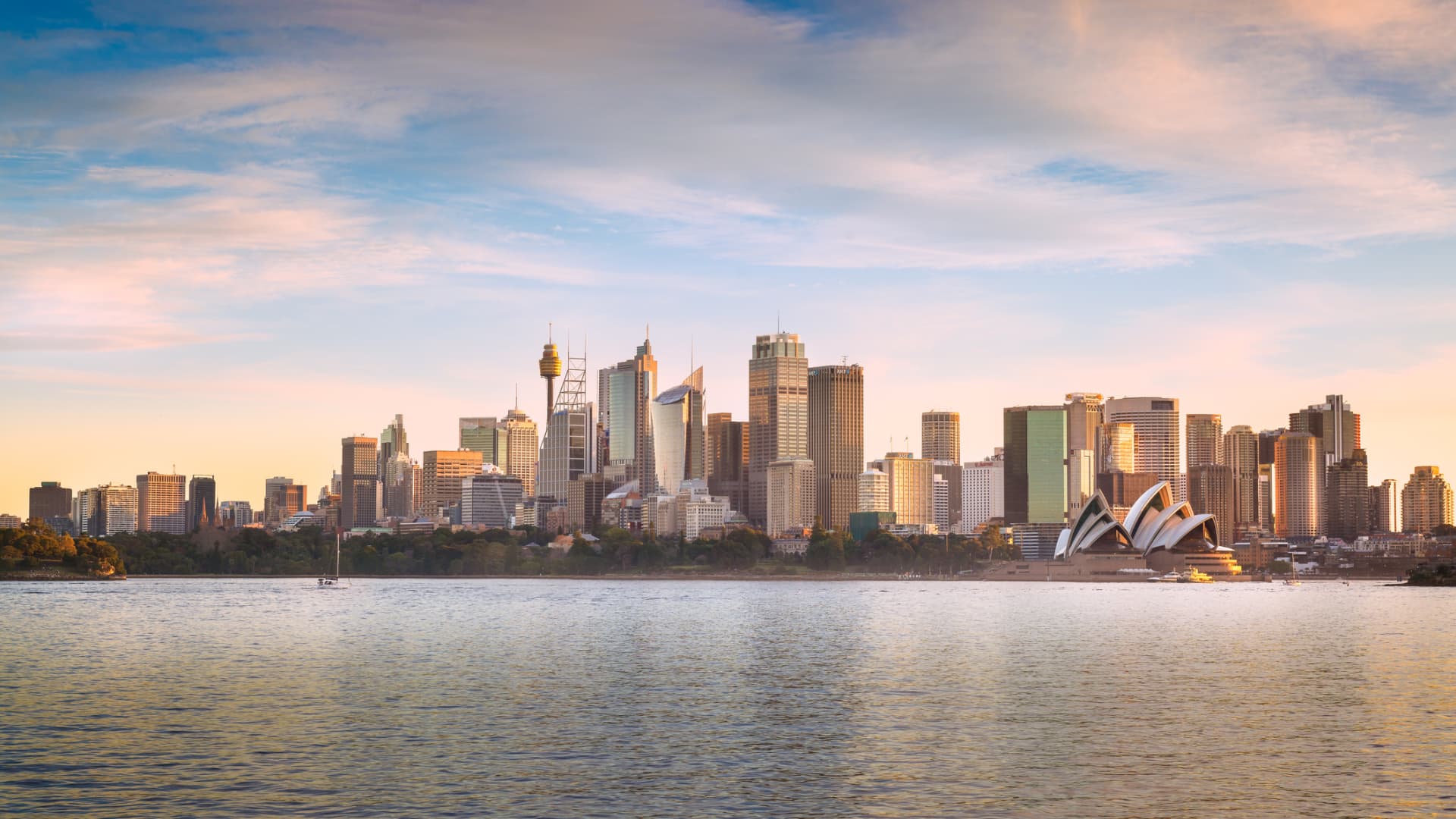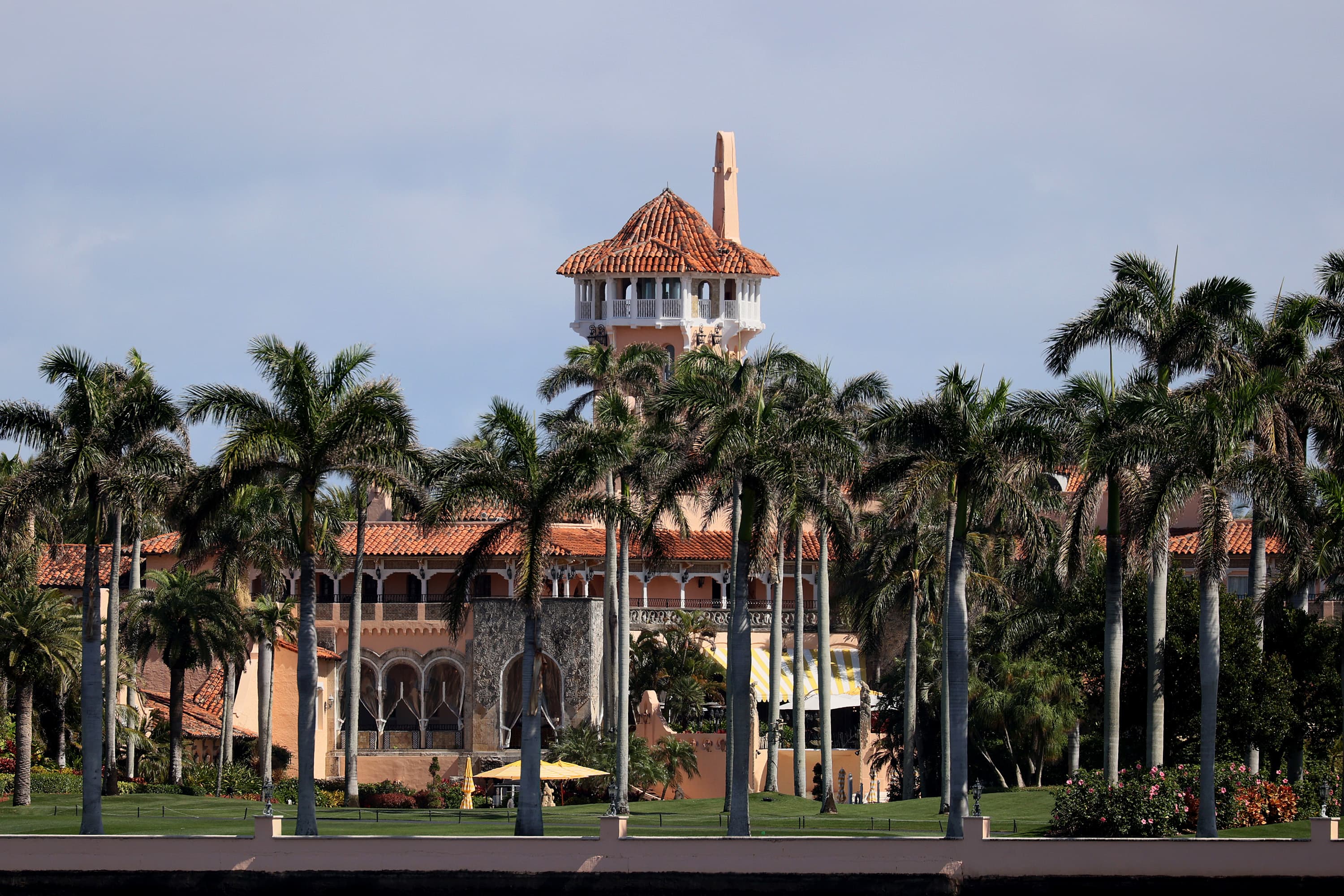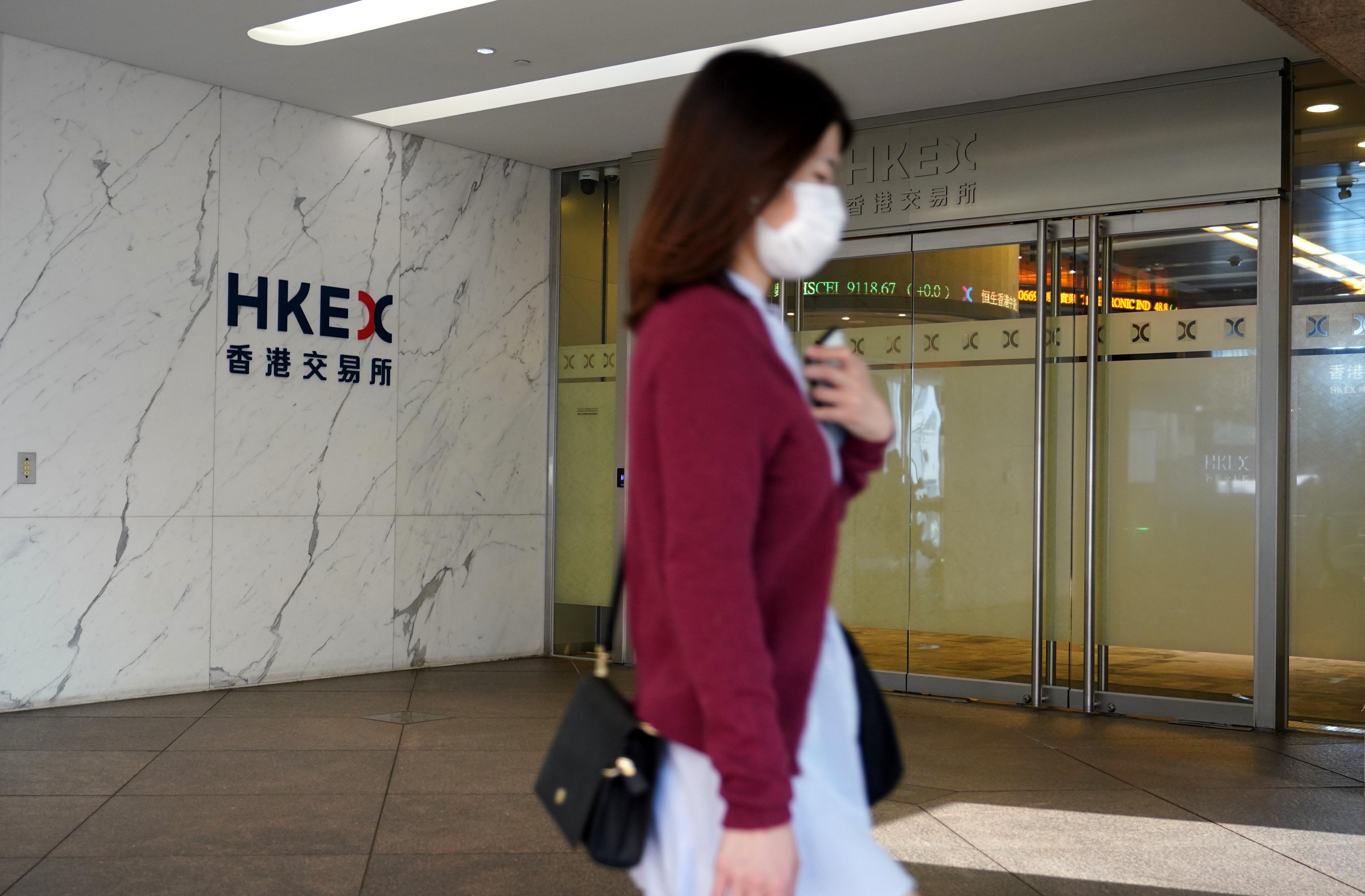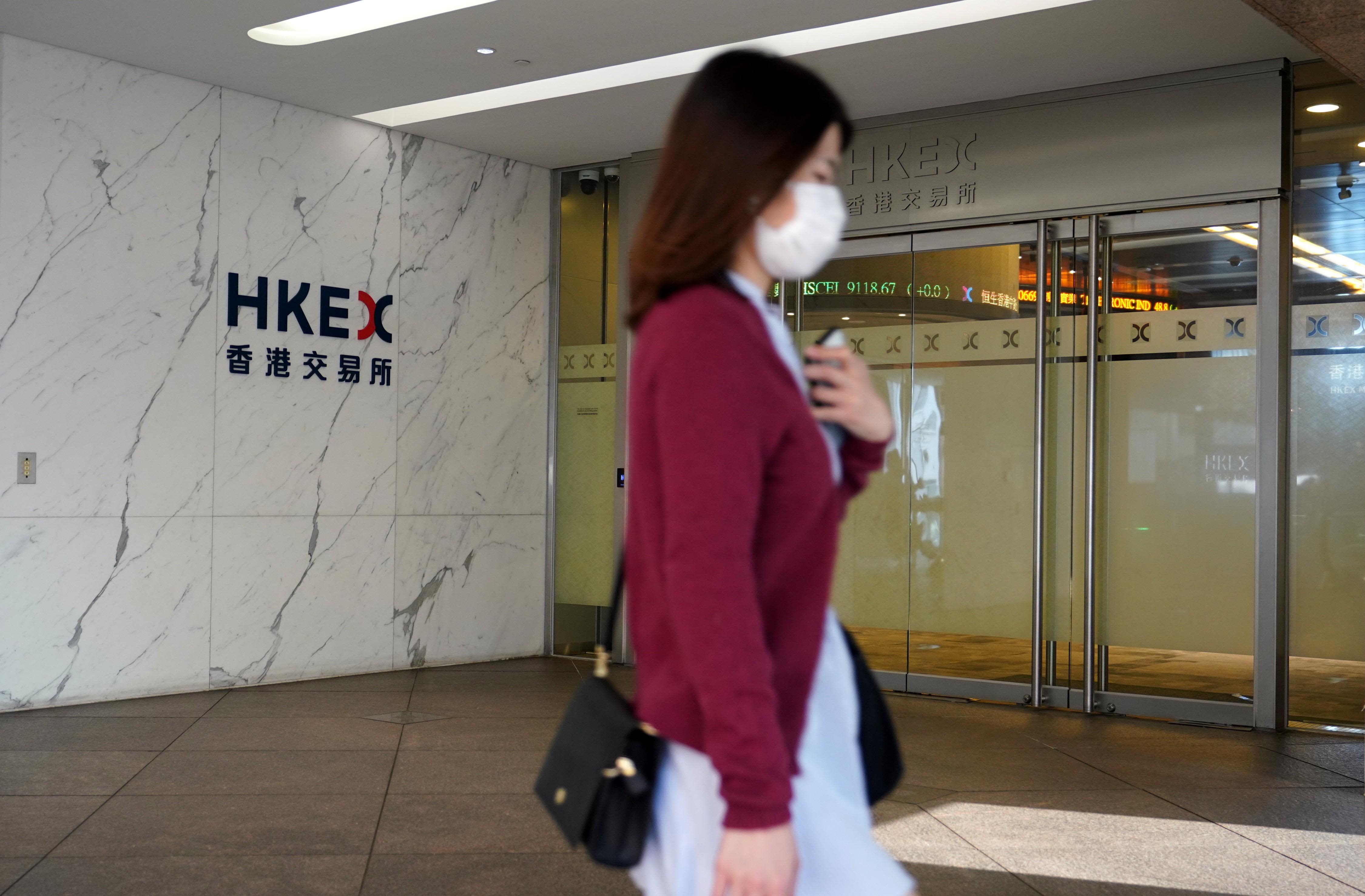The Fed plans to keep hiking, but Australia is set to pause as it warns of recession risks
As Federal Reserve Chair Jerome Powell hints at bigger and possibly faster rate hikes ahead for the U.S., Australia's central bank could be headed toward a different path.

Sydney Building take from Cremorne Point.
Brook Attakorn | Moment | Getty Images
As Federal Reserve Chair Jerome Powell hints at bigger and possibly faster rate hikes ahead, Australia's central bank could be headed toward a different path.
Reserve Bank of Australia's governor Philip Lowe said in a speech Wednesday that the central bank is nearing a point where it's ready to hit the brakes on rate hikes.
"With monetary policy now in restrictive territory, we are closer to the point where it will be appropriate to pause interest rate increases to allow more time to assess the state of the economy," he said.
While emphasizing the central bank's target to bring down the rise of living costs, he said the central bank grapples with two risks when making monetary policy decisions: "One is the risk of not doing enough, which would result in high inflation persisting and then later proving very costly to get down," he said.
"The other is the risk that we move too fast, or too far, and that the economy slows by more than is necessary to bring inflation down in a timely way," he said.
Lowe's comments come after the central bank hiked its benchmark overnight cash rate by another 25 basis points to 3.6%, marking the highest that it's been since June 2012.
Australia's stocks slightly rose after the smaller hike and less hawkish commentary from the RBA, with the benchmark index S&P/ASX 200 closing 0.5% higher on Tuesday.
'Plurals are gone'
Comparing the wording from the central bank's previous meeting, Commonwealth Bank of Australia economist Gareth Aird said a pause could come as early as April.
"The plurals are gone," Aird said, pointing to the changes from February's description of "further increases in interest rates" to March's description of "further tightening."
Here is the sentence from RBA's statement in February:
The Board expects that further increases in interest rates will be needed to ensure that the current period of high inflation is only temporary.Here is the sentence from RBA's statement in March:
The Board expects that further tightening of monetary policy will be needed to ensure that inflation returns to target and that this period of high inflation is only temporary.By removing the mention of plural rates ahead, it "means that the Board is not convinced that it needs to hike the cash rate multiple times from here," Aird wrote.
Stock picks and investing trends from CNBC Pro:
"Markets should treat the April Board meeting as 'live' and the RBA could pause," he said in a note shortly after the central bank's announcement.
"The reference to assessing 'when' means that the RBA Board has not yet made their mind up around increasing the cash rate in April," he said.
Divergence of rhetoric
The Australian dollar hovered at the weakest levels not seen since November 2022 after the central bank's decision.
Tuesday's "less hawkish communication from the RBA stands in contrast to Powell's hawkish comments overnight," CBA wrote in a Wednesday note.
The U.S. dollar index continued to strengthen during Asia's morning session following Powell's testimony.
"The divergence of rhetoric meant USD/AUD was sharply lower and the AUS‑US spread on the 10-year bond yield widened to ~‑29bps," CBA economists wrote.
IG's market analyst Yeap Jun Rong wrote that the currency pair was "witnessing a double-whammy from a 'dovish hike' by the Reserve Bank of Australia and a more hawkish Fed."
The central bank's latest statement "led to expectations of an impending rate pause over the next two meetings," he wrote.

 Kass
Kass 
































